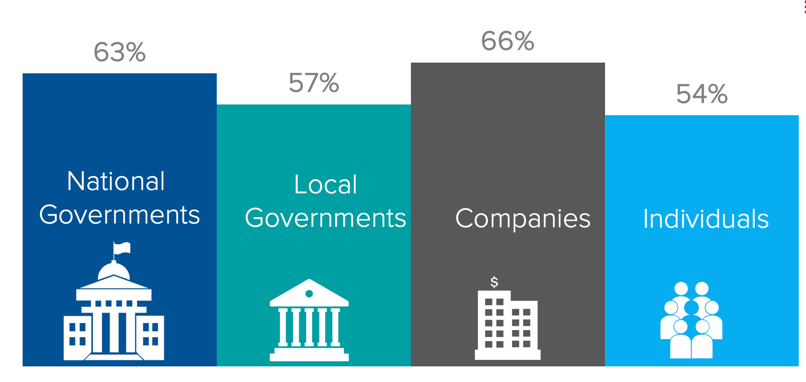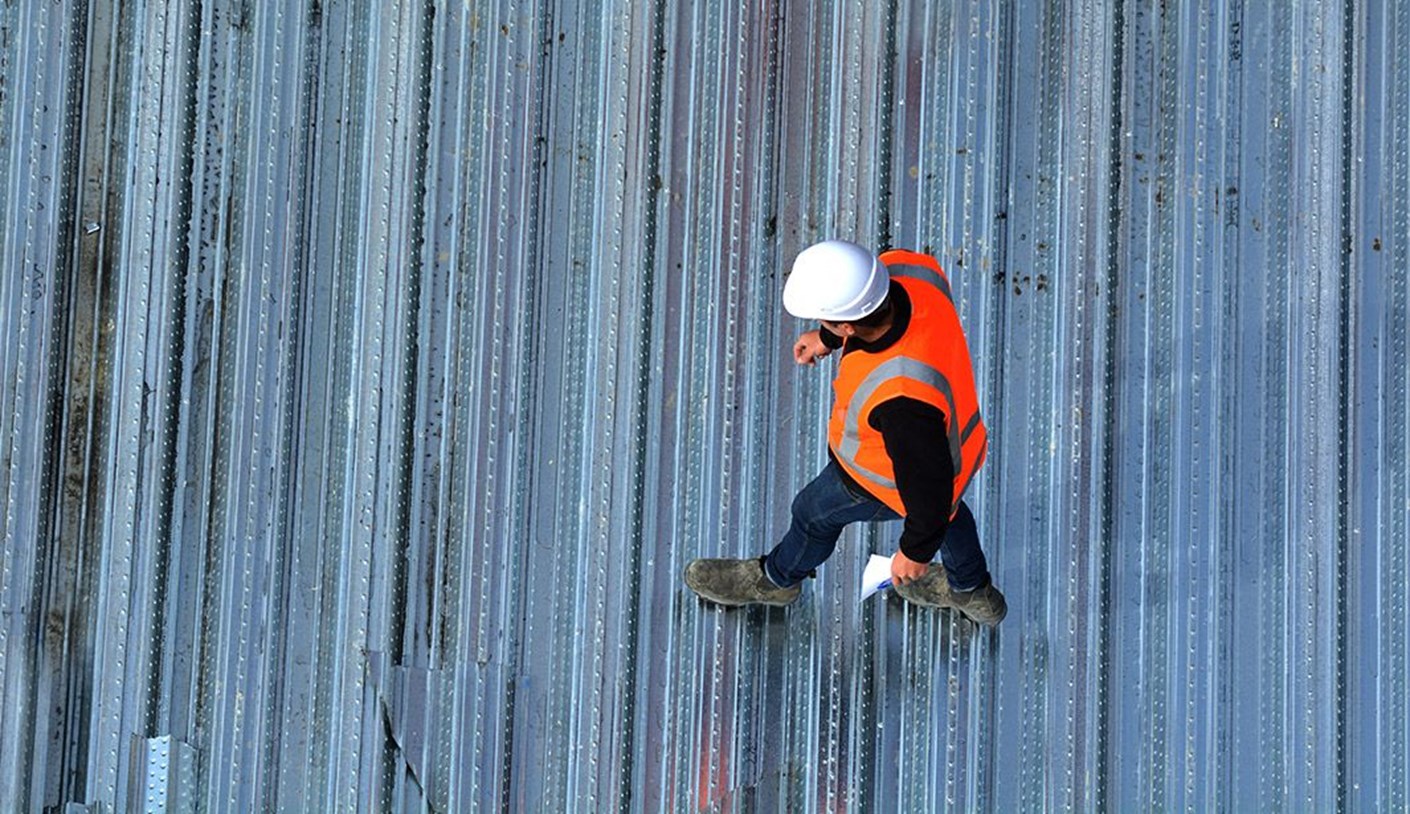Shelton Stat of the Week
78% of people around the world believe that climate change is occurring and caused by human activity. — Eco Pulse®, 2023 (Global)
There has been a lot of mainstream reporting on the weather this summer. And there’s been a lot to report about, as we all know. In nearly every article or video that has come across my feeds, the extreme weather has been linked to climate change.
While the frequency of extreme weather events is unfortunate, the frequency of the media linking it to climate change is a good thing. Belief that climate change is real and caused by man is increasing, and while I can’t directly draw a line from the increase in mentions of climate change in the news to the increase in belief in it, my bet is the two are linked. The first step in most healing programs is acknowledgement of the problem (or, in the wise words of Taylor Swift, “It’s me. Hi. I’m the problem, it’s me.”) We certainly can’t all do our part to fix the problem if we don’t actually think there’s a problem to be solved.
But that’s the trouble with the reporting, too. The New York Times article I linked to above (and here again) is typical of how this plays out in the media: climate change is blamed for at least some of the extreme weather and officials are quoted saying we’re going to see more of this and we should all prepare.
But what does that mean, exactly? How should we all prepare? And what should we each be doing to turn the ship around?
Most of us reading this know what we need to do. We know we each need to stop our dependency on fossil fuels and stop supporting the burning of fossil fuels. So we need to shift how and what we drive, how and how often we heat and cool our homes and office buildings, and we need to buy from companies doing the same.
We can also file lawsuits, as 16 young people recently did in Montana (and they won).
But the average human doomscrolling on their phone doesn’t know that. In our Eco Pulse, 2023 (Global) survey performed earlier this year, 84% of people in America said they hear about climate change somewhat-to-very often (and we’re laggards – the numbers are higher in every other country where we surveyed, except for the UAE and Nigeria). But our knowledge of what to do about it is limited. In our global Eco Pulse™ survey, we also asked our participants to imagine the most eco-friendly person they know, and then tell us what behaviors describe that eco-friendly person. The top answers were all about reuse and recycling; answers related to reduction of fossil fuel use (like carpooling/taking public transportation and using renewable energy) are more middle of the pack, cited by an average of 41-43% of participants globally, and by only 27-31% in the US.
So, members of the news media, if you’re listening, here’s the ask: When you talk about climate change, illuminate the actions readers can take and the actions they should expect companies to take that can help us fight it. Indeed, in America, we think companies and the federal government bear way more responsibility for fixing climate change than individuals do (we’d all like a pass), but some of that is simply because we feel so helpless.

If every article about extreme weather and the connection to climate change also included details of what individuals can do about it, we’d likely see more and more people begin to take action. In fact, we do see self-reported, bold actions, like not having children and going vegan, happening among young people more and more every year. And when we see more and more individuals take action, we’ll see big companies begin to move even faster to stay ahead of the trend.
 View all
View all 
